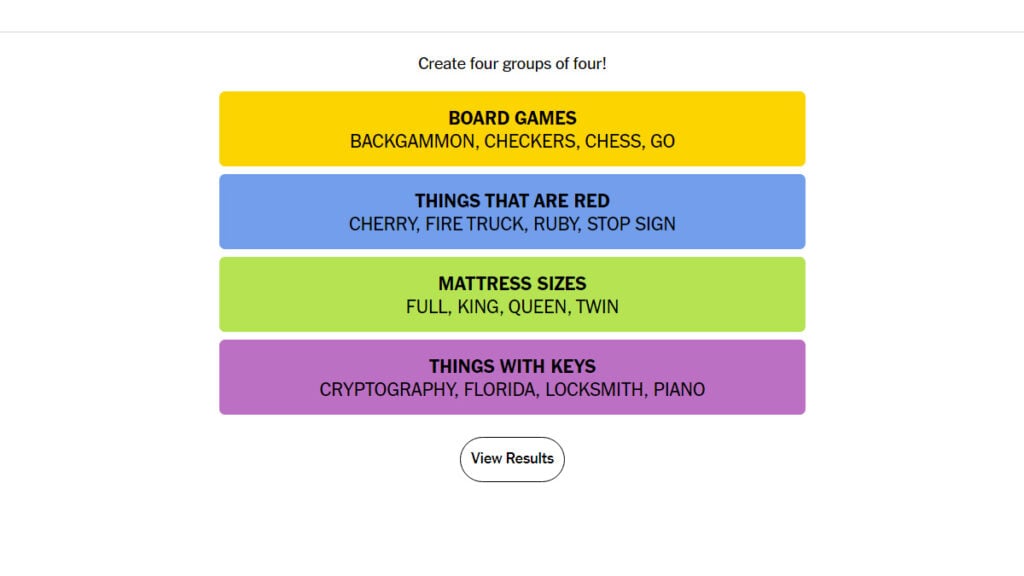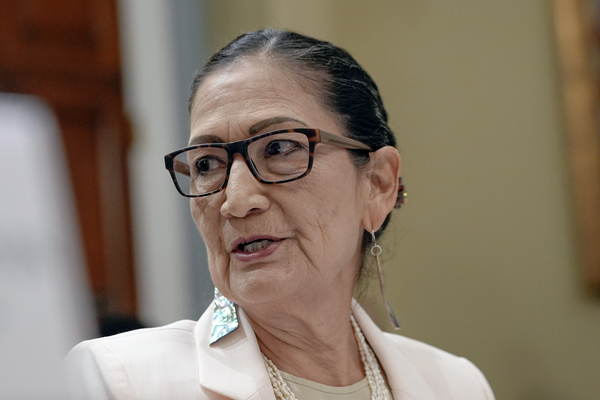How Eurovision Voting Works: A Step-by-Step Explanation

Table of Contents
Every year, millions tune in to watch the Eurovision Song Contest, a dazzling spectacle of music and national pride. But how exactly does the voting work? Understanding the Eurovision voting system is key to appreciating the drama and excitement of the competition. This guide provides a clear, step-by-step explanation of the process, demystifying the complexities of Eurovision voting. We'll cover everything from national juries to televoting, ensuring you're fully prepared for the next Eurovision Song Contest.
<h2>The Two Voting Systems: Jury and Televote</h2>
The Eurovision Song Contest uses a dual voting system to determine the winner: national juries and televoting. This blend aims to capture both critical appraisal and popular opinion.
-
National Juries: Each participating country selects a panel of five music professionals. These experts, anonymous to protect them from potential bias, score each performance based on various criteria, including vocal ability, song composition, and stage performance. Each juror awards points from 1-8, 10, and 12, reflecting their ranking of the performances. This process adds a layer of critical analysis to the overall result, representing a more professional assessment of the entries.
-
Televote: This is where the public gets its say! Viewers in each participating country vote for their favorite songs via telephone, SMS text message, or dedicated Eurovision apps. This element reflects the sheer popularity and audience appeal of each song. The sheer volume of votes in the televote often makes it a powerful component of the overall scoring. The weighting of the jury and televote results varies from year to year, but the relative significance of both methods is considered carefully to create a balanced overall result.
<h2>The Scoring Process: From Points to Rankings</h2>
The transition from individual scores to the final ranking is a carefully managed process.
-
Separate Tallying: Each country's jury and televote scores are tallied separately, ensuring transparency and preventing any manipulation of results.
-
Point Allocation: Each country awards points based on their ranking of the competing songs. The typical points allocation follows a 1-8, 10, 12 system. The country ranking first receives 12 points, second gets 10 points, and so on.
-
Weighted Average (if applicable): Depending on the specific year, there may be a weighted average applied to the jury and televote scores. This weighting might be a 50/50 split, or it may vary depending on factors determined by the EBU (European Broadcasting Union). The exact weighting system is generally transparent and announced ahead of the final.
-
Final Ranking: Once all points from each country are announced, they're added up to determine the overall ranking. The country with the highest total score is declared the winner.
<h2>Preventing Bias and Ensuring Fairness</h2>
To maintain fairness and integrity, the Eurovision Song Contest employs several measures to prevent voting fraud and bias.
-
Non-Voting Juries: Even non-participating countries provide jury scores, helping increase the pool of votes and diversifying the feedback provided. This minimizes the influence of any single country's votes and ensures broader representation.
-
Preventing Strategic Voting: While neighboring countries or those with close political ties might show similar voting patterns, the EBU has safeguards in place to detect and, to an extent, mitigate the effects of bloc voting or strategically coordinated voting. Although complete elimination of these influences is difficult, active monitoring of voting patterns is crucial.
-
EBU Oversight: The European Broadcasting Union (EBU) plays a vital role in overseeing the voting process, developing rules and regulations to ensure fairness and transparency. The EBU continuously reviews its processes to improve them and is vigilant in preventing any form of vote manipulation or unfair advantage.
<h3>Understanding the Nuances of Eurovision Voting</h3>
While the system aims for objectivity, several factors can influence voting patterns:
-
Political Alliances & Geography: Neighboring countries may demonstrate similar voting preferences due to cultural ties or political alliances, even if this influence is often subconscious.
-
Musical Style: Certain musical genres tend to resonate more widely than others. This often results in popular music styles gaining a competitive advantage in terms of both jury and televoting results.
-
National Biases: Some countries might consistently favor certain musical styles or artists from particular countries, reflecting their personal taste or national cultural preferences. This makes the voting system a fascinating blend of professional judgment and popular opinion.
<h2>Conclusion</h2>
Understanding the intricacies of Eurovision voting enhances the viewing experience, allowing you to appreciate the complexities and nuances of the competition. By understanding the interplay between national juries and televoting, you can better grasp how the final results are determined. Remember, it's not just about the music; it's about the process, the drama, and the global community brought together by this unique event. So, next time you tune in for the Eurovision Song Contest, you'll be ready to analyze the voting results and fully engage with the captivating world of Eurovision voting! Learn more about Eurovision voting rules and regulations on the official Eurovision website.

Featured Posts
-
 Recette Simple De Salami Au Chocolat Un Delice Francais
May 19, 2025
Recette Simple De Salami Au Chocolat Un Delice Francais
May 19, 2025 -
 Finding The Connections Nyt Answers For March 5 2025
May 19, 2025
Finding The Connections Nyt Answers For March 5 2025
May 19, 2025 -
 Haaland Announces New Mexico Gubernatorial Bid
May 19, 2025
Haaland Announces New Mexico Gubernatorial Bid
May 19, 2025 -
 Going Green Royal Mail Introduces Solar Powered Digital Postboxes
May 19, 2025
Going Green Royal Mail Introduces Solar Powered Digital Postboxes
May 19, 2025 -
 Wnba Star Paige Bueckers Hopkins Mns Special Day Of Recognition
May 19, 2025
Wnba Star Paige Bueckers Hopkins Mns Special Day Of Recognition
May 19, 2025
